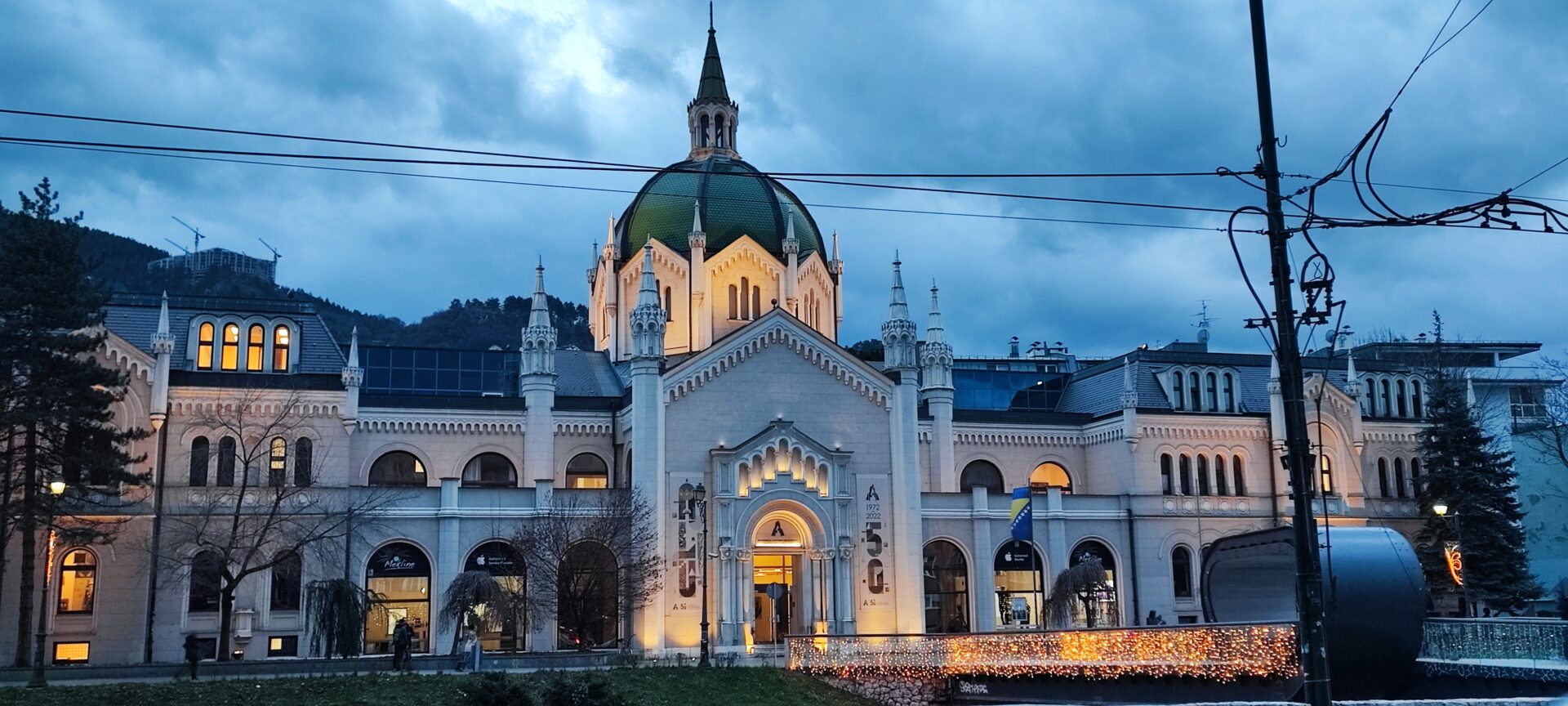BIPs are most effective and sustainable if they are strategically implemented in students’ curricula whether that be part of a study plan or in another meaningul thematic context. In any case, students who participate in a BIP must have the opportunity of earning 3 ECTS points for their participation.
The BIP’s virtual component is flexible. It can be realised in the form of preparatory or follow-up sessions to the physical mobility. Its length and content can be specified by the BIP’s central educational instructors.
BIP Key Facts
– short and intensive programme with a physical (5-30 days) and virtual component (not defined)
– a minimum of 10 participants from programme contries
– a minimum of three involved partners from programme countries (partner countries may additionally participate)
– three possible roles: coordinating HEI, sending HEI and receiving HEI
BIPs in the context of EUPeace centre on the topics of peace, justice and inclusive societies, but can be interpreted in creative and innovative ways.
There are three different roles that a higher education institution can take in a BIP.
The coordinating university applies for the BIP and receives the funding. This university oversees the coordination of all respective inter-institutional agreements and all administrative requirements related to the corresponding EU project platform (Beneficiary Module). The coordinating university is at the same time either the sending or receiving institution.
The receiving university accepts and welcomes BIP-participants at their institution or a previously determined location in their country.
The sending university coordinates and funds the physical mobility component of their BIP-participants.
The organisation and coordination of a BIP is an interactive endeavour between the respective university’s international office and the department interested in facilitating a BIP. The intended project’s concept should always align with and advance the internationalisation goals of the university.
The application for BIPs is part of the KA 131 application once a year. Short-term mobilities will play a central role in the realm of EUPeace mobilities. One way to strategically approach these can be through the deliberate implementation of BIPs at your university.
In principle, it is possible to repeat a successful BIP. There are some relevant restrictions: you can apply only for one edition of the same BIP (with the same title, the same learning outcomes and the same composition of the partnership) per Erasmus+ call year.
The rotating coordination of BIPs is a possible approach to the sustainable internationalisation of teaching. It promotes efficiency, continuity and the development of sustainable partnerships between universities. Here is an example of such a possible rotation:
BIP series on climate change:
University A, Year 1: Scientific foundations of climate change
University B, Year 2: Political and social consequences of climate change
University C, Year 3: Strategies for adaptation and mitigation of climate change
A BIP mobility counts towards the participant’s cycle-specific total allotment of funding days, but beyond that has no other influence on the participant’s future Erasmus+ mobility funding.
This guide to Blended Intensive Programmes provides a more in-depth look at the organisation and implementation of BIPs, as well as several helpful examples.
BIP Example
BIPs can be conceived in creative and innovative ways as the two components (virtual and physical) are flexible. See one example from the guide below:
| Department: Business and Economics | |
| Topic | International Marketing |
| Partner | University A (Germany); University B (France); University C (Spain) |
| Online Component | 3-week online module with lectures, discussions and case studies Note: The type and scope of the online phase are not specified, there are no minimum requirements! |
| Physical Component | 1-week summer school at University B in Limoges Workshops, guest lectures and excursions Topics: International branding, social media marketing, business development |
| Learning Outcomes | In-depth knowledge of international marketing Ability to develop marketing strategies for international markets Intercultural skills |
| Explanation | In this example, all three partners involved can theoretically take on the role of coordinating university. The French university is the host institution. |
